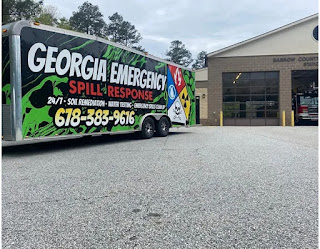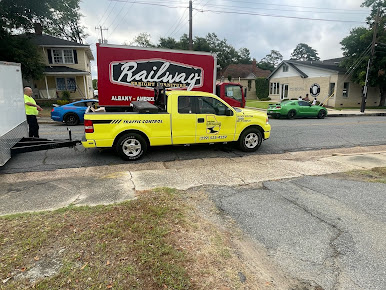Lessons Learned from Failed Responses: Why Professional Spill Cleanup Is Important
Failure to adequately and quickly manage chemical spills in industrial facilities can result in devastating effects on human and environmental health. Although skilled response teams are meant to lessen the impact of such incidents, there are times when their actions fail, resulting in additional problems and costs. There is a need for an adequate response team that uses the right equipment, and the right techniques to efficiently hand the leaks. Here we are discussing 3 examples of unsuccessful management in chemical spills, highlighting the importance of industrial cleaning services.
Damage from an Acetic Acid Spill
A massive leak occurred when a storage tank containing acetic acid busted. It is a highly corrosive liquid that can put both employees and the environment at significant risk. The first responder team at the factory couldn’t control the leak because of their cheap equipment, resulting in massive damage to the property.
A professional response team would use specialized procedures including chemical foam suppression and vapour suppression to neutralize and absorb the acetic acid. They can also ensure that it doesn’t come in contact with nearby bodies of water by setting containment booms and ensuring environmental remediation.
Leak of Sodium Hydroxide
A malfunctioning pipeline at another factory leaked sodium hydroxide. This chemical is very corrosive in nature, despite the best efforts of first responders, the chemical persisted and continued to threaten the safety of workers and local communities.
An expert reaction team would halt the sodium hydroxide flow using chemical injection or mechanical clamps. They would use special absorbents to safely neutralize and confine the material. They can also develop decontamination protocols.
Ethylene Glycol Overflow
An overflow occurred in a storage tank holding ethylene glycol during production, causing the hazardous liquid to spread throughout the plant floor. This antifreeze ingredient is toxic. Although the team tried to deflect the overflow using temporary barricades, the first reaction team was unable to stop the spreading liquid.
A professional response team would use vacuum trucks fitted with specialized pumps and hoses. They would use chemical neutralizers to lessen the liquid's hazardous effects and stop any more contamination.
About Georgia Emergency Spill Response:
Georgia Emergency Spill Response is a top provider in the state for industrial cleaning and oil spill cleanup services. Its expert teams are ready to respond quickly and effectively with cutting-edge technology. This way, they can minimize environmental damage and keep the operations going smoothly.
For more information on industrial cleaning, visit https://www.georgiaspill.com/




Comments
Post a Comment